Corruption, political jitters threaten PH economic momentum
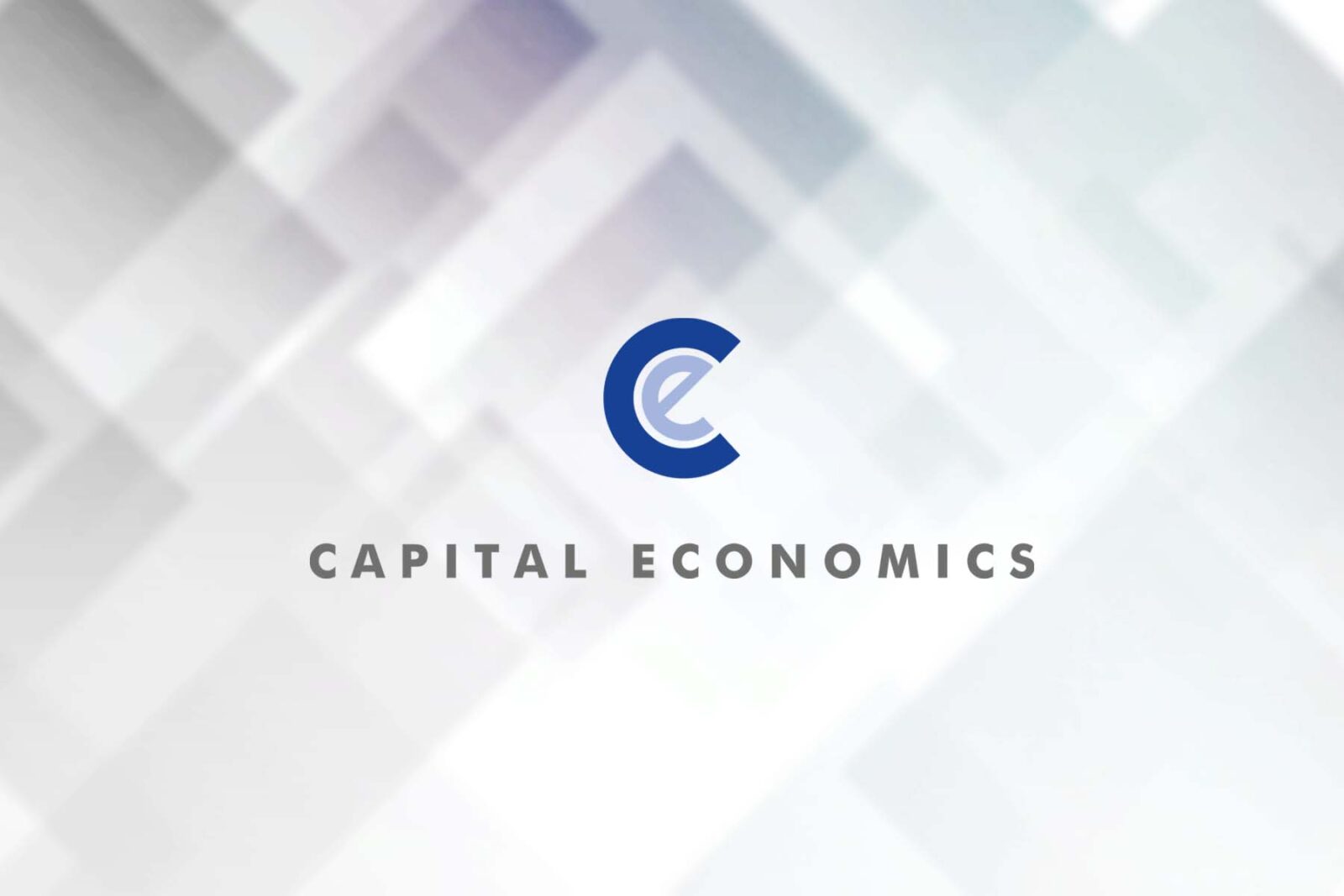
President Ferdinand Marcos Jr. has enacted a series of reforms that could bolster the Philippines’ long-term economic prospects, according to Capital Economics.
But the London-based think tank warned about lingering risks that could carry a steep economic price. Unless corruption concerns are addressed and political divisions bridged, the Philippines risks losing ground to its fastest-rising neighbors.
In a note to clients, Gareth Leather, senior Asia economist at Capital Economics, said Mr. Marcos has “taken encouraging steps” midway through his term, notably by sustaining his predecessor’s ambitious infrastructure program.
Public infrastructure spending, Leather noted, has climbed from 1.8 percent of gross domestic product (GDP) in 2010 to more than 5 percent by 2017, and has held steady since.
Current flagship projects include the Davao City Bypass and an extension of the North-South Commuter Railway.
The administration has also sought to improve the country’s notoriously cumbersome business climate, cutting corporate taxes and enhancing incentives to lure foreign investment. The appointments of respected figures to lead the central bank and finance department, Leather added, have bolstered investor confidence.
Growth has proven to be resilient: GDP expanded by an average of 5.6 percent in 2023 and 2024 and is projected to grow by 5.3 percent this year, based on Capital Economics’ projections.
Risks
But so far, growth is falling short of the Marcos administration’s target of between 5.5 percent and 6.5 percent.
“Since taking office in June 2022, Marcos has overseen steady management of the economy,” Leather wrote.
However, the economist from Capital Economics said worries about corruption persist due to the abolition of a key national anti-corruption body, while political instability remains a concern for foreign investors.
Specifically, Leather flagged the abolition of the Presidential Anti-Corruption Commission and the lack of transparency of the newly-established sovereign wealth fund.
“These moves have raised fears about backsliding on efforts to fight corruption—the Philippines is ranked among the most corrupt countries in Asia,” he said.
Political instability is another red flag. The public feud between Mr. Marcos and Vice President Sara Duterte, Leather said, has underscored the fragility of the country’s political climate.
“If these issues remain unresolved, the Philippines will find it difficult to keep pace with the region’s top-performing economies, particularly Vietnam and India,” he said.
“Moreover, it risks not fully capitalizing on the significant opportunities arising from the realignment of global supply chains driven by the US–China decoupling,” he added.



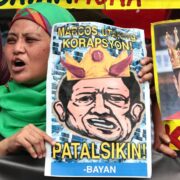


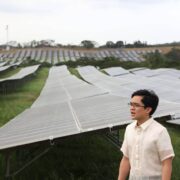
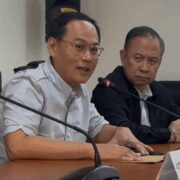
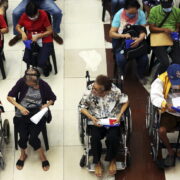
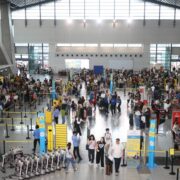
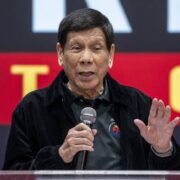
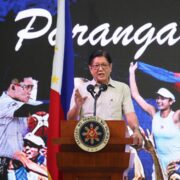


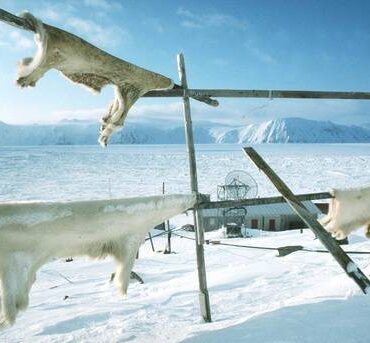
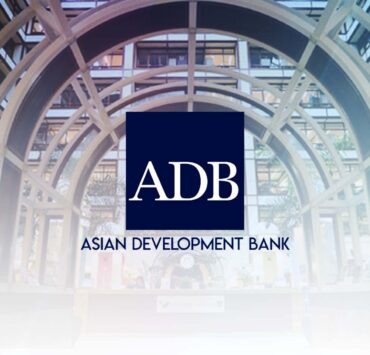
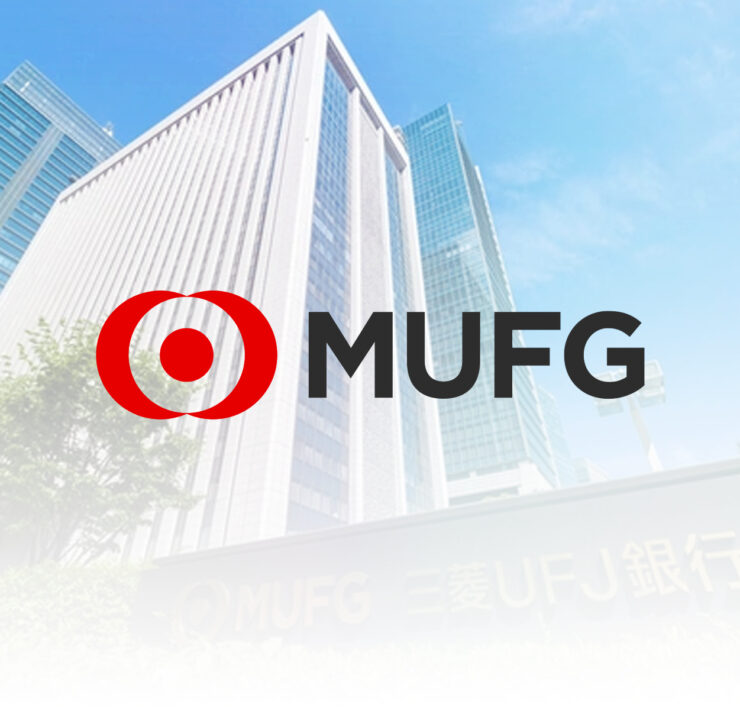
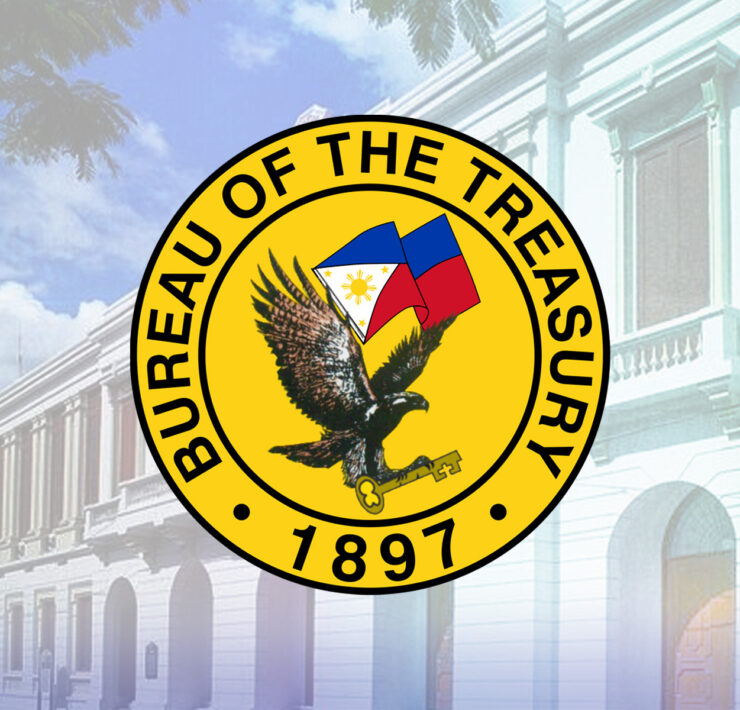



At the crossroads: Growth, exclusion and the cost of waiting